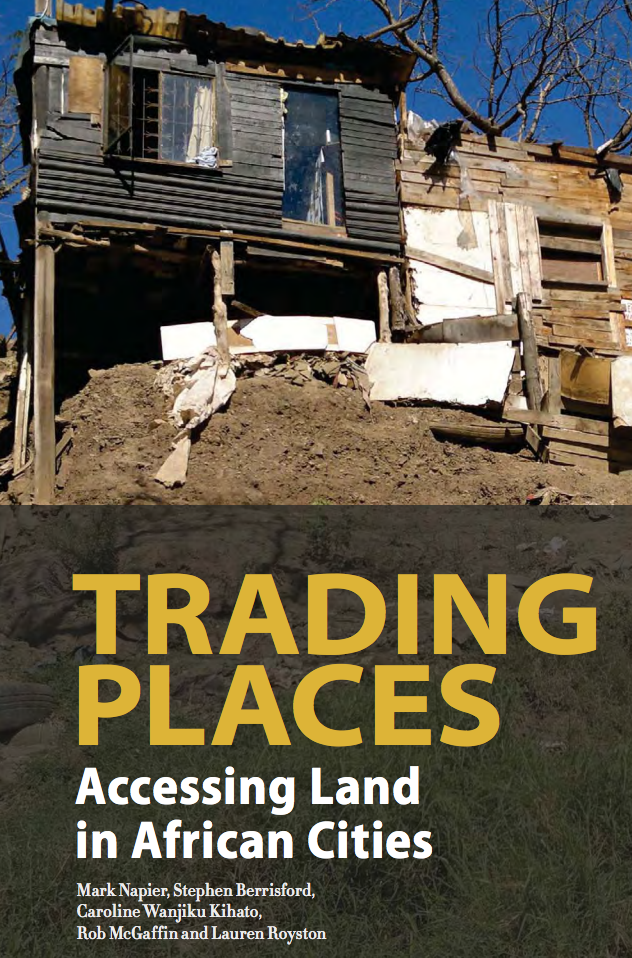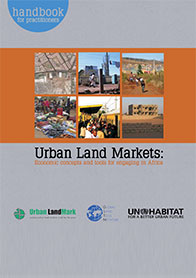Advocacy for free trade
Regional trade bears a great potential to improve food security in West Africa. Again and again, however, efforts made in this field by organisations such as ECOWAS and UEMOA are frustrated by the policies of individual countries.








